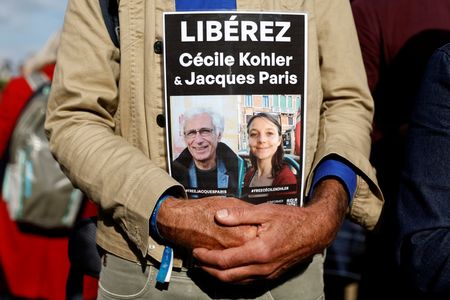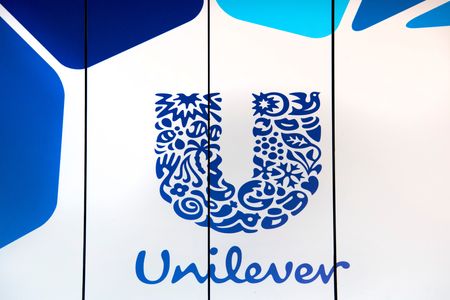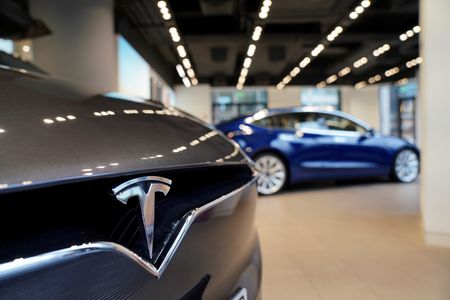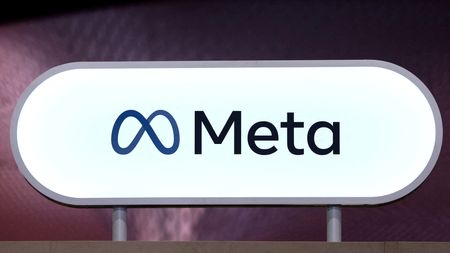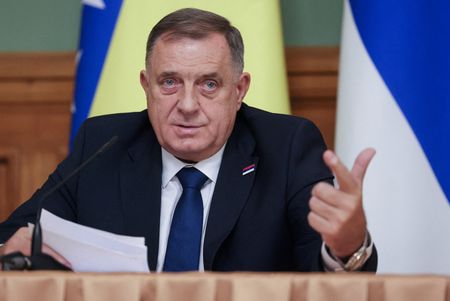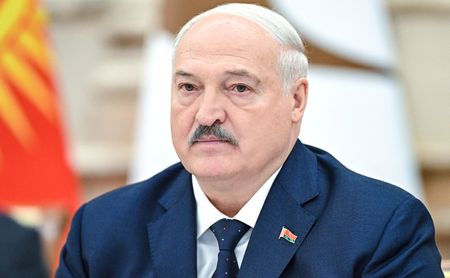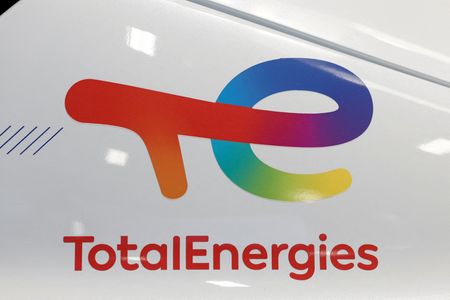By Bart H. Meijer
AMSTERDAM (Reuters) -Centrist party D66 won the most votes in the Netherlands’ general election last week and will now start initial talks on the formation of a government.
With less than 20% of the votes, the progressive pro-EU party needs to find coalition partners to command a majority in the 150-seat parliament.
A representative of D66 will talk in the coming days to all party leaders to explore the possibilities, and is expected to report to parliament by November 11 about which combination of parties should be at the table for the first round of talks.
It usually takes months to cobble together a government coalition in the Netherlands and this time looks likely to be no different, as there is no shared preference among the largest parties.
Here is a look at the main options they have:
BROAD COALITION
D66 has said it would first look at the possibility of forming a broad coalition, that would include the pro-business VVD Party, the left-wing Greens-Labour and the conservative Christian Democrats (CDA).
That combination would have a comfortable majority of 86 seats in the 150-seat Lower House.
It could be expected to agree on the need to tackle a housing crisis that was voters’ top concern and on the need to increase defence spending.
But building this coalition does not look easy, as the VVD has repeatedly said it could not imagine working with Greens-Labour, which it said was pushing for unnecessary tax hikes and was not serious about limiting migration.
CENTRE-RIGHT
D66 could also look for more right-leaning partners by teaming up with the VVD, CDA and the smaller conservative JA21 party, which was among the election winners as it managed to attract voters from far right leader Geert Wilders’ Freedom Party (PVV).
D66 leader Rob Jetten has not ruled this out, but has said it would not be his first choice, as he saw large differences between his own party and the more hardline JA21, which is pushing for a crackdown on migration.
If the final election result on Friday does not differ from the preliminary tally, these four parties hold only 75 seats in parliament. This would mean they would need to find another partner to reach a majority – which could further complicate negotiations.
CDA and VVD, however, have indicated that 75 seats could be enough to work with, even if it is no outright majority.
SMALLER MINORITY GOVERNMENT
D66, CDA and VVD could also opt for a smaller minority government without other partners, which would seek support for it policies in parliament on a case-by-case basis.
But with only 66 seats in the lower house it could be very hard to find enough support, making this an unlikely option for now.
D66, VVD and CDA have all ruled out working with Wilders’ PVV.
(Reporting by Bart Meijer; Editing by Toby Chopra, William Maclean)



